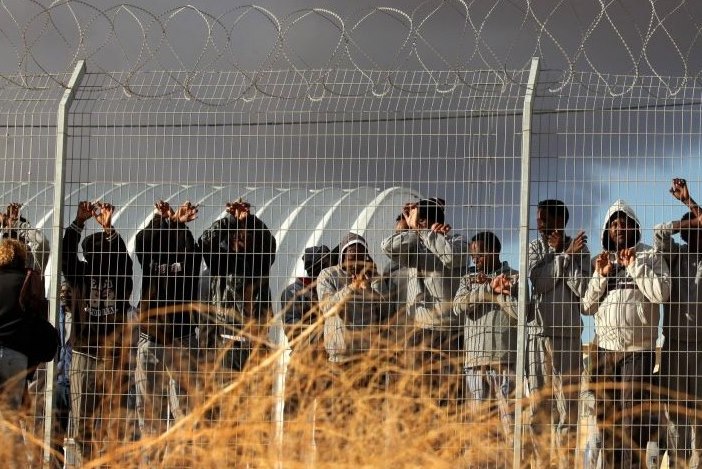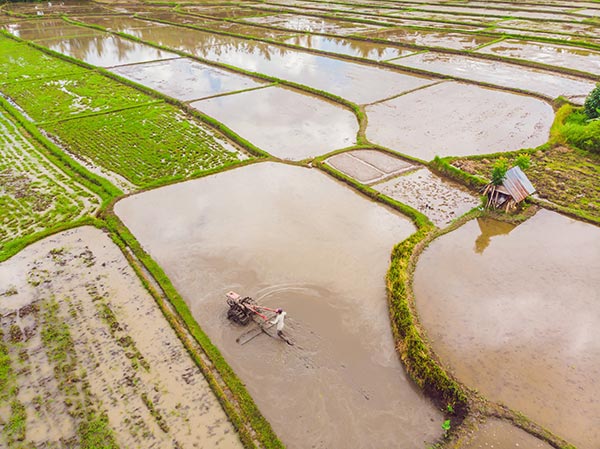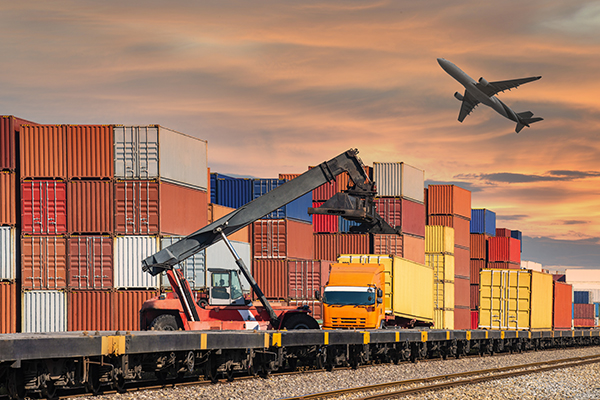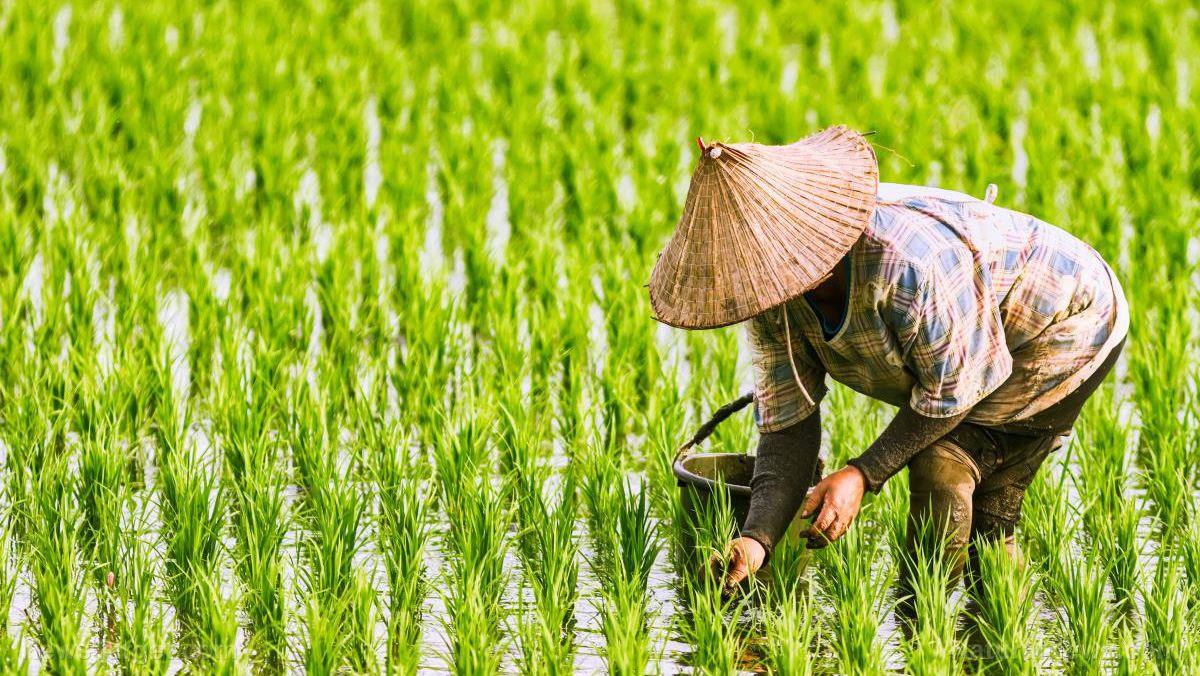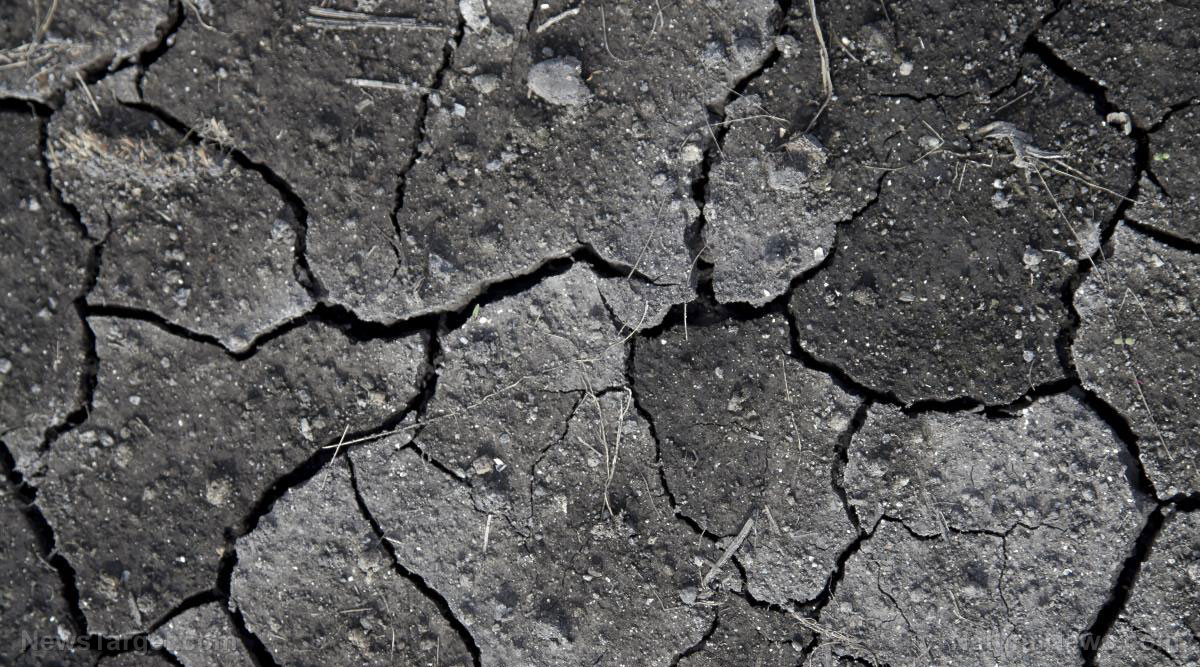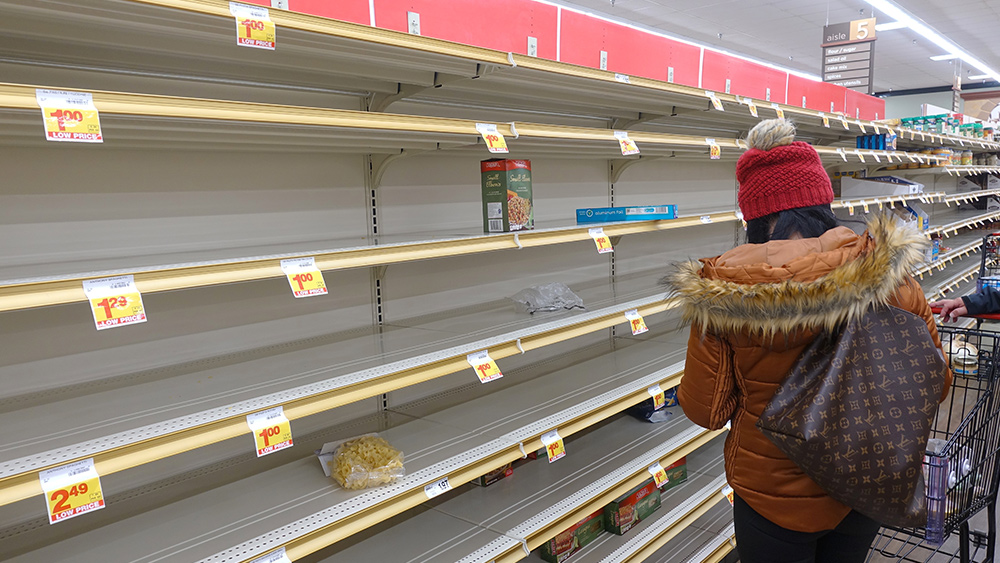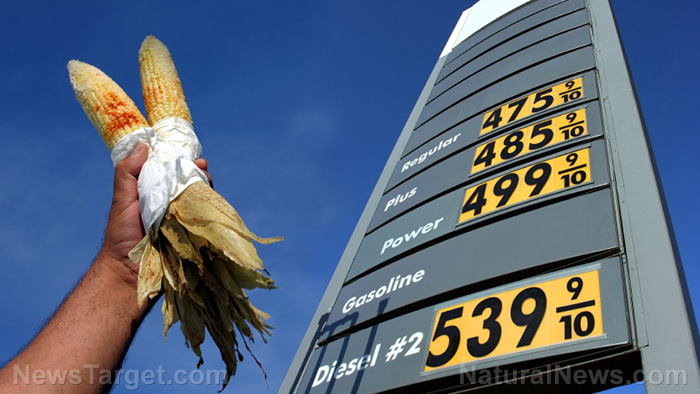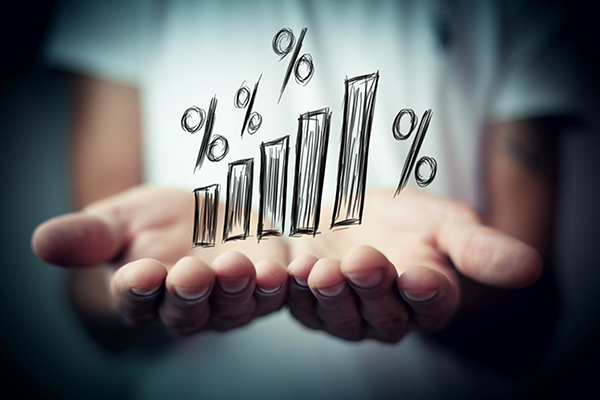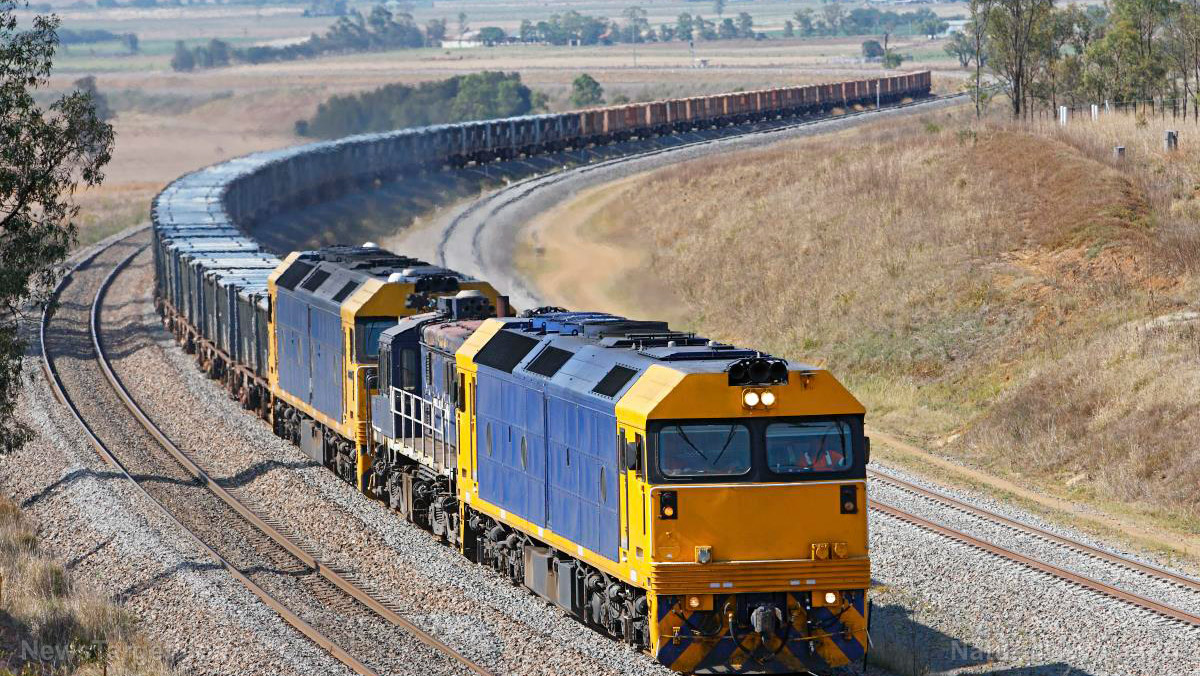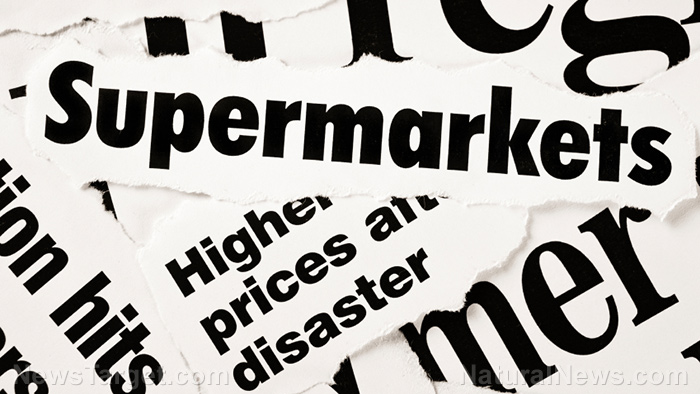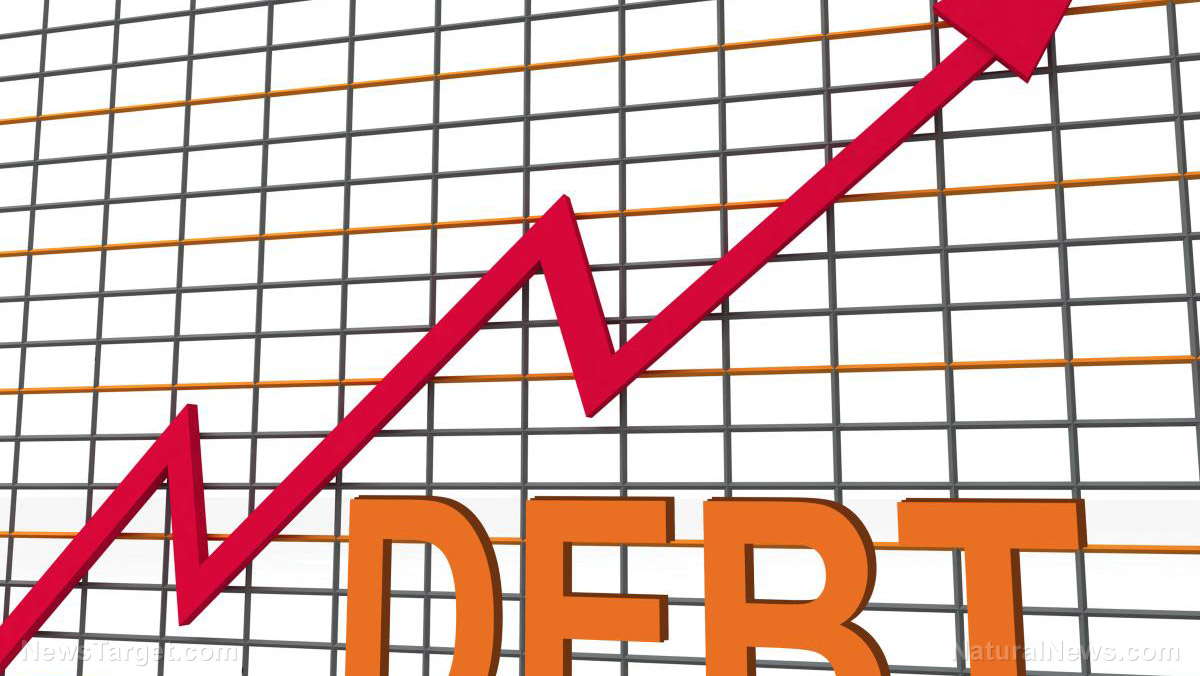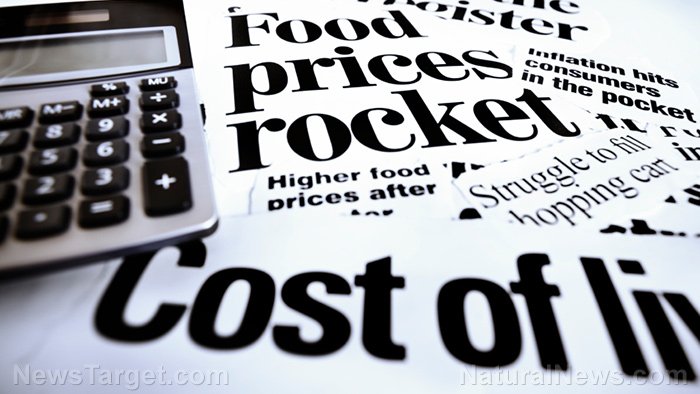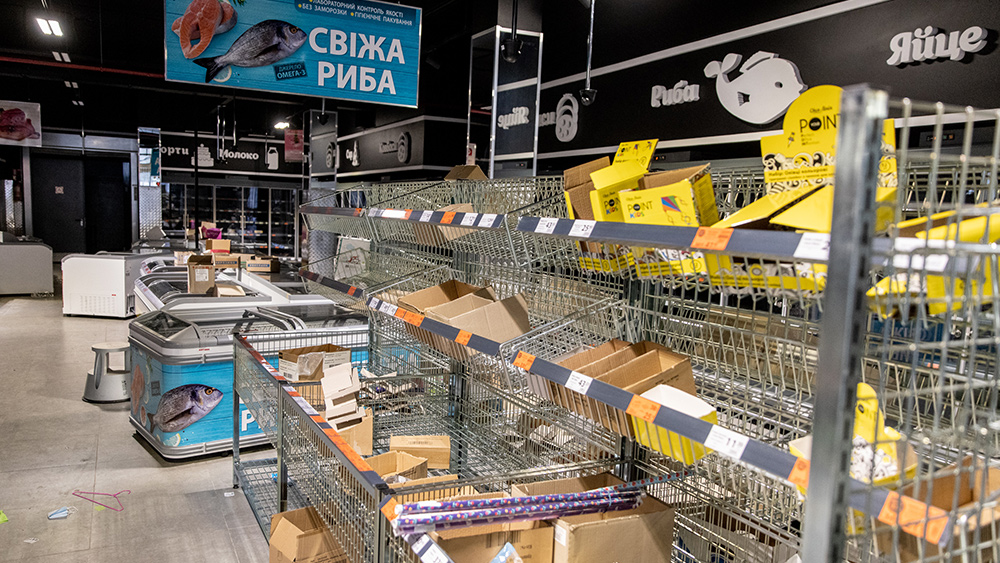WHO head calls out “shocking imbalance” in COVID-19 vaccine supply
11/18/2021 / By Mary Villareal

World Health Organization (WHO) Director-General Tedros Adhanom Ghebreyesus called out the “shocking imbalance” in the supply of Wuhan coronavirus (COVID-19) vaccines, saying that it is unacceptable for manufacturers to pursue the highest prices, overwhelmingly supply rich countries and push for booster shots.
Big manufacturing companies like Pfizer can share their technology with other pharmaceuticals to increase production and better supply more countries with vaccines. However, Pfizer doesn’t want to share the secret formula of its COVID-19 vaccine.
Countries in Asia and South Africa have been pushing a proposal to waive intellectual property rights for COVID vaccines and treatments, but Pfizer is resisting calls to share the technology.
“The waiver proposal is based on the incorrect notion that vaccine access is limited due to current levels of manufacturing. The industry is already well on its way to produce enough vaccines for the entire world by the middle of next year,” Pfizer said in a statement.
U.S. Trade Representative Katherine Tai said in early May that the Biden administration would support the IP waiver, which did not sit well with the pharmaceutical industry as it reverses decades of support in Washington D.C. for intellectual property protections.
For Pfizer, it set off a chain of events that led to executives questioning how the company could have been blindsided by the issue.
Following the announcement, Pfizer agreed to sell 500 million doses at a cost to the U.S. for distribution to low-income countries, a program that has since doubled to 1 billion shots. The company then turned away from negotiations for a large supply agreement with Covax, the WHO-backed program to deliver vaccines to poorer countries.
“Their approach has been, let us control supplies and we’ll work with countries to increase donations. The industry knows the waiver is a threat to their business model,” said Brook Baker, a law professor at Northeastern University.
The secret formula that Pfizer is protecting is more complicated than just a single recipe. The shots have more than 280 ingredients made by suppliers in 19 countries, many of which are protected in one form or another. To produce a vaccine, there will need to be negotiations for multiple licenses and to waive protections on everything from lipids to mRNA strands and trade secrets, which the waiver proposal could do in one go.
The threat of such a waiver moved producers to raise the issue during vaccine sales and talks. Pharmaceutical companies have instead taken an alternative route to satisfy the call to expand distribution without giving up their IP rights by signing additional production deals to produce more doses beginning next year.
Vaccine inequality a result of decisions made by Big Pharma and Big Government
Pfizer CEO Albert Bourla said Tedros was speaking “emotionally,” with regard to the vaccines, but the WHO director-general stressed the urgent need to get more vaccines into arms.
This exchange, which happened in a closed-door virtual summit in July, showed an uncomfortable truth: Vaccine inequality did not happen by itself but rather as a result of decisions made by corporate executives and government officials.
Nearly a year since the first shots were administered, vaccine producers and public health officials are still struggling to find a common ground to close the gap in the vaccination rates of some nations. For instance, only six percent of people in Africa were fully inoculated by early November.
Vaccine manufacturers Pfizer, Moderna, AstraZeneca and Johnson & Johnson started on a similar footing and sent most of their doses to wealthier countries. (Related: Report says Chinese scientist filed for a coronavirus vaccine patent BEFORE the pandemic.)
Pfizer turned out to be the biggest player of them all, with an expected $36 billion revenue.
The distribution data showed that Pfizer is the number one COVID vaccine source for the wealthiest countries and has cemented its front-runner status in the pandemic when it announced in early November that it was able to develop a COVID pill that can cut hospitalizations and deaths by 89 percent.
Meanwhile, Pfizer began ramping up its vaccine deliveries quickly in recent months, shipping more than 658 million doses to low- and middle-income countries out of two billion already delivered. By the end of the year, it expects the figure to reach 1.1 billion doses out of some three billion produced.
Get more COVID-19 vaccine updates at Pandemic.news.
Sources include:
Submit a correction >>
Tagged Under:
big government, Big Pharma, conspiracy, corruption, covid-19 pandemic, COVID-19 vaccine, greed, Pfizer, vaccine inequality, vaccine patent, vaccine supply, vaccine wars
This article may contain statements that reflect the opinion of the author
RECENT NEWS & ARTICLES
SupplyChainWarning.com is a fact-based public education website published by SupplyChainWarning.com Features, LLC.
All content copyright © 2021 by SupplyChainWarning.com Features, LLC.
Contact Us with Tips or Corrections
All trademarks, registered trademarks and servicemarks mentioned on this site are the property of their respective owners.

